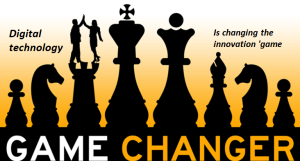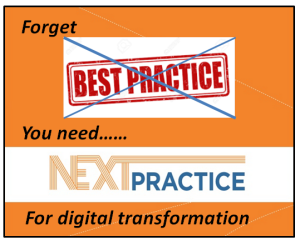 I am taking the opportunity to review the Web Summit, held in Lisbon last week of 5th (evening) to 8th November 2018. The Web Summit, originally Dublin Web Summit, is a technology conference held annually since 2009. The company was founded by Paddy Cosgrave, David Kelly, and Daire Hickey. The topic of the conference is centered on internet technology and I went looking for multiple innovation angles and left actually disappointed.
I am taking the opportunity to review the Web Summit, held in Lisbon last week of 5th (evening) to 8th November 2018. The Web Summit, originally Dublin Web Summit, is a technology conference held annually since 2009. The company was founded by Paddy Cosgrave, David Kelly, and Daire Hickey. The topic of the conference is centered on internet technology and I went looking for multiple innovation angles and left actually disappointed.
I do have to admit I did head to the Web Summit a little biased. Everything “smacked” of commercialization on a big scale. I never really got past this judgment. I had been invited so should I be so cynical or ungrateful, perhaps not but it is hard not to get past this “sheer” commercialization and randomness. I’ll explain randomness later.
When you are told “Forbes has said we run “the best technology conference on the planet”; or The Atlantic that Web Summit is “where the future goes to be born”; The New York Times that we assemble “a grand conclave of the tech industry’s high priests.”
These overhyped claims roll on “Bloomberg calls it “Davos for geeks”, Politico “the Olympics of tech”, and the Guardian “Glastonbury for geeks”. My eyes are rolling on these. Overhype is an understatement.
The publicity blurb adds “At a time of great uncertainty for industry upon industry and the world itself, we gather the founders and CEOs of technology companies, fast-growing startups, policymakers and heads of state to ask a simple question: where to next?”
This year over 70,000 people were heading to Lisbon for this Web Summit. Continue reading “Overwhelmed, underwhelmed at the Web Summit, Lisbon”








